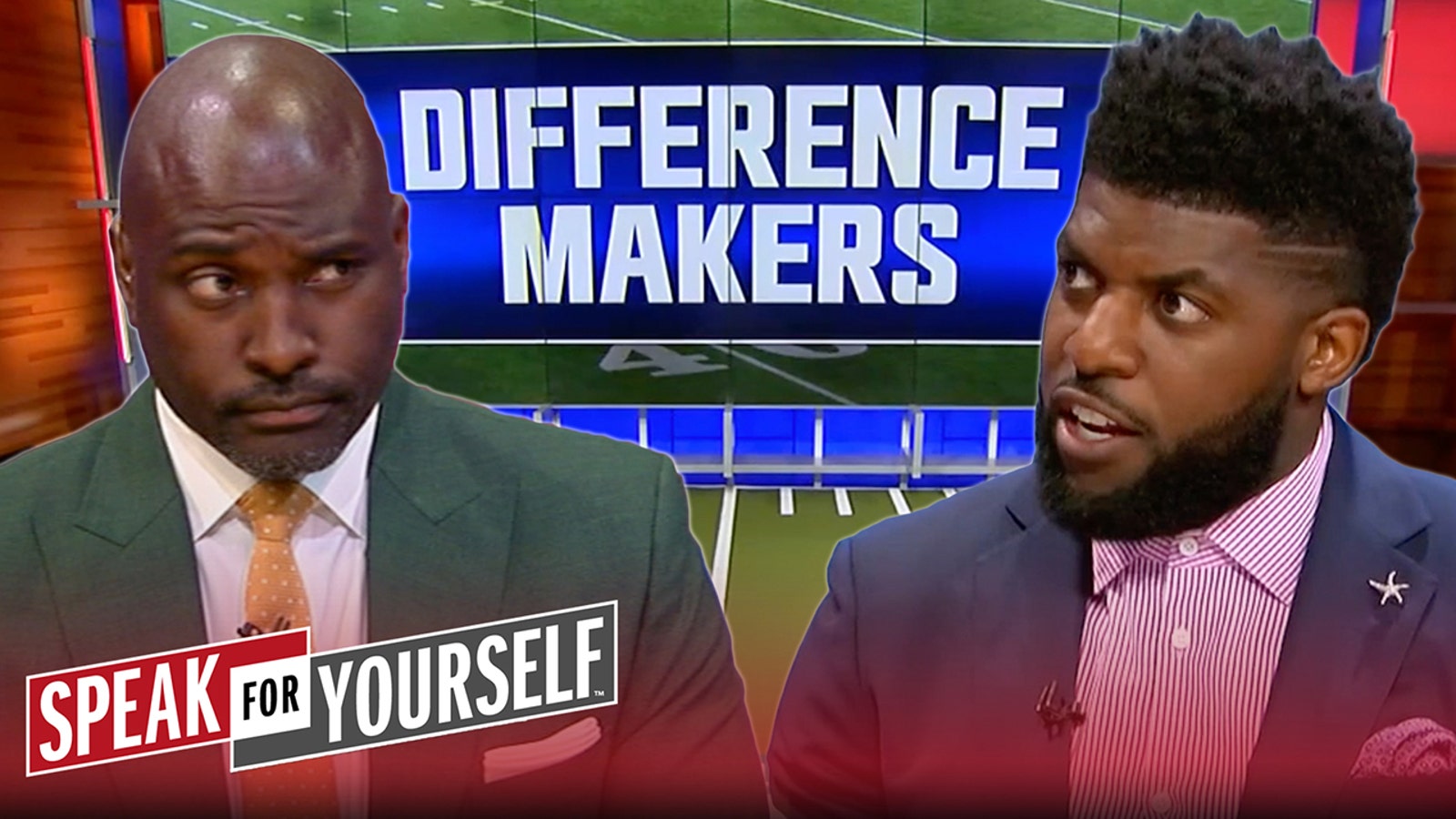
What NFL teams look to accomplish at mini-camps and OTAs
By Bucky Brooks
FOX Sports NFL Analyst
When the calendar flips to May, NFL players, coaches and scouts know that football season is just around the corner.
With the draft in the books and free agency slowing down, teams have almost put the finishing touches on their training camp rosters. The rookies, newcomers and veterans are finally in the building together, with mini-camps and OTAs (organized team activities) replacing the strength and conditioning workouts that comprise the early part of the offseason calendar.
As a player, I looked forward to this part of the offseason program. I was able to work with my coaches on individual skills while mastering the playbook and competing with my teammates in practices, which showed evaluators how much my game had improved from the previous season. During my time with the Chiefs, I asked to participate in a voluntary rookie/tryout camp as a veteran to take additional reps at a new position (free safety) that helped me earn a roster spot in 1998.
From a coaching or scouting perspective, the offseason practice sessions provide evaluators with a chance to see prospects and roster hopefuls in action. Although playing football in T-shirts and shorts is different from playing in pads, the movement skills and execution provide decision-makers a glimpse of how a player could perform in games.
NFL's Best Under 25 List
With that in mind, here are three objectives that coaches hope to achieve during the offseason program.
Teach the culture
I know the buzzword "culture" has been overused in recent years, but great teams spend the bulk of the offseason introducing rookies and new players to the "hows" and "whys" of their methods. From a team's preparation process in the classroom and weight room to its practice routines, the offseason provides coaches and team leaders with plenty of opportunities to conduct an orientation for the new additions.
With mini-camps and OTAs on the horizon, the next few weeks are about creating championship-caliber habits and establishing a consistent routine that will produce solid results down the road. Moreover, it is about creating an environment in which everyone understands the performance and football character (work ethic, preparation habits, punctuality, etc.) expectations and about making sure players are committed to meeting the standard every day.
NFL's top difference-makers
If the coaching staff can get everyone to understand how things are expected to be done and why they must be done correctly, the team has a chance to hit the ground running when training camp opens at the end of July.
Develop and refine skills
Some veterans opt to avoid the voluntary parts of the offseason program, but the overwhelming majority of players need to attend the sessions to develop and refine their skills under the watchful eyes of their coaches. To that point, teams will devote more time to individual periods during mini-camps and OTA practices to provide assistant coaches enough time to introduce the fundamentals and techniques that are essential to the scheme. The extra time also provides players with enough repetitions to help those skills become habits that can be executed in game action.
In addition, coaches want to utilize these practice sessions to encourage players to incorporate new techniques and maneuvers that will add tools to their toolbox. Given the importance of skill development on each player’s performance, the extra time devoted to mastering fundamentals could help a player improve significantly heading into the next season.
Experiment and evaluate
The offseason is the perfect time for coaches to study the successful tactics and schemes from the previous season, and they will attempt to implement some of those strategies during offseason workouts. In addition, coaches will try out new personnel groupings and lineup combinations to see if they can add a few tricks to their game plans that enable them to chalk up a few more wins.
Colin Cowherd's updated 2022 NFL predictions
From a team-building standpoint, offseason practices provide coaches with an opportunity to evaluate every player on the roster. Whether the evaluation occurs while watching the player compete in one-on-one drills or while the team is executing plays in competitive 9-on-7, 7-on-7 and 11-on-11 periods, coaches take note of which players stand out in these game-like situations.
Given the lasting impression these practice performances leave with evaluators, the next few weeks are critical to a player’s chances of making the team and carving out a significant role on the squad.
Bucky Brooks is an NFL analyst for FOX Sports and regularly appears on "Speak For Yourself." He also breaks down the game for NFL Network and is a cohost of the "Moving the Sticks" podcast.












